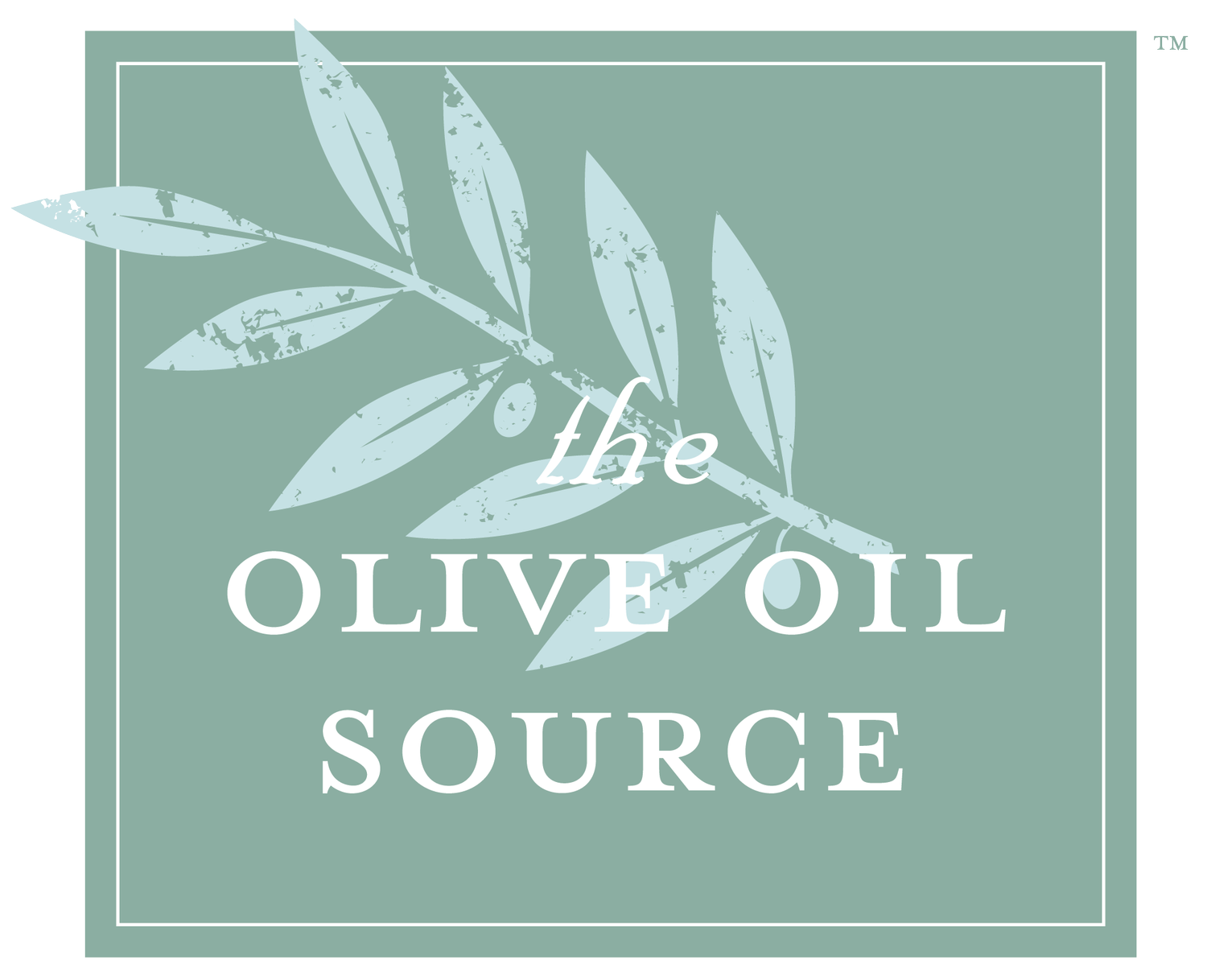If you’re a farmer, the word harvest elicits myriad emotions. We were reminded of this fact as we began harvesting olives at Figueroa Farms last week. Feelings range from stress to anxiety to relief and to hope and joy. And if you’re fortunate enough to allow yourself a few spare moments during this exhausting season, you might just find yourself overwhelmed with a feeling of contentment and satisfaction rarely found in our modern world.
Video Here
As we’ve often said, determining when to harvest is not an exact science. It is an amalgam of a number of factors, which have been annotated here on Olive Harvest Timing. Factors such as the desired olive oil yield, intended level of anti-oxidants, and, of course, the desired flavor profile all play into when to harvest. Since we also craft our own olive oil, it’s important that we strike the right balance for our customers between these elements. For example, everyone wants the maximum anti-oxidant content, but where is the breaking point on taste? At what point do we reach the optimal trade-off between health benefits and flavor? Even with our many years of experience, we still seek to refine our own harvest timing, and it is not without its stress and anxiety.
Speaking of stress and anxiety, if you’re not prepared, harvest might as well be replaced with the phrase hot mess. Having a crew ready, your harvesting equipment in working order, and transportation vehicles arranged to carry your fruit to the mill, are just a few of the preparations that really need to go per plan. Because we run our own mill, we get to eliminate the transportation issue, but because we mill olives for our clients, we know how much schedule damage a misstep in transportation can cause.
Sure, there are plenty of aspects of harvest to be concerned about, but when you see those first mounds of olives accumulating in the harvest buckets, it’s magical. It’s like you've been transformed into the richest person in all the land. Yet we all know that none of us are in this business for the money – it's about the richness of journey. The thing that you’ve worked for all year is finally coming to fruition. That’s right fruition. Look at that word carefully. Its etymology is associated with the past participle stem of Latin frui (“to use, enjoy”) and fruit (sense of “act or state of bearing fruit”). When the fruit is finally being plucked off the trees and collected into bins for milling, it is truly a joyous occasion. There’s a sense of excitement around your hopes for a solid yield with superior flavor.
Hope and anticipation grow as the olives are unloaded into the hoppers for their ride past the blowers, a swim in the bath, then onto the crusher, a turn in the malaxers, and high-speed spins in the pair of centrifuges. At last, regal liquid gold begins to pour into the final vessel. It is at this point that we giddily ease a tasting cup into the stream for the first sample of the season’s olive oil.
As we lift the cup, we pause to smell it first - wafting in its fresh aroma and noting levels of fruitiness. We sip, then coat the inside of our palates with viscous oil – here our minds search for adjectives of what we taste – is it bitter or mild? The greater the bitterness, the higher the level of anti-oxidants. As we swallow, we are aware of the bite in the back of our throats – an indication of the oil’s pungency - does it leave a peppery, scratchy feeling? This just-off-the-mill oil is young and strong – not for the faint of heart – but it portends what the oil will become in the months to come.
Our work has only begun, but the relief of knowing that harvest is underway and that our product is delicious and will likely delight our customers is immeasurably rewarding and reinvigorating. There are so few opportunities left in our modern world whereby we can actually be a part of the entire production of a product from start to finish. We literally planted the orchard, have watched it grow, participate in collecting its fruit, and then we transform it into a product, which we bottle ourselves. As we live in wine country that produces beautiful wines, we can collegially relate to many of our neighbors. When we see vintners on a rare weekend-night-out during harvest, we swap war stories and compare stained hands. Yet we know most of us tuck-in at night relishing the fact that we are some of America’s last independent farmers, and truly get to bask in the fruits of our labors.
